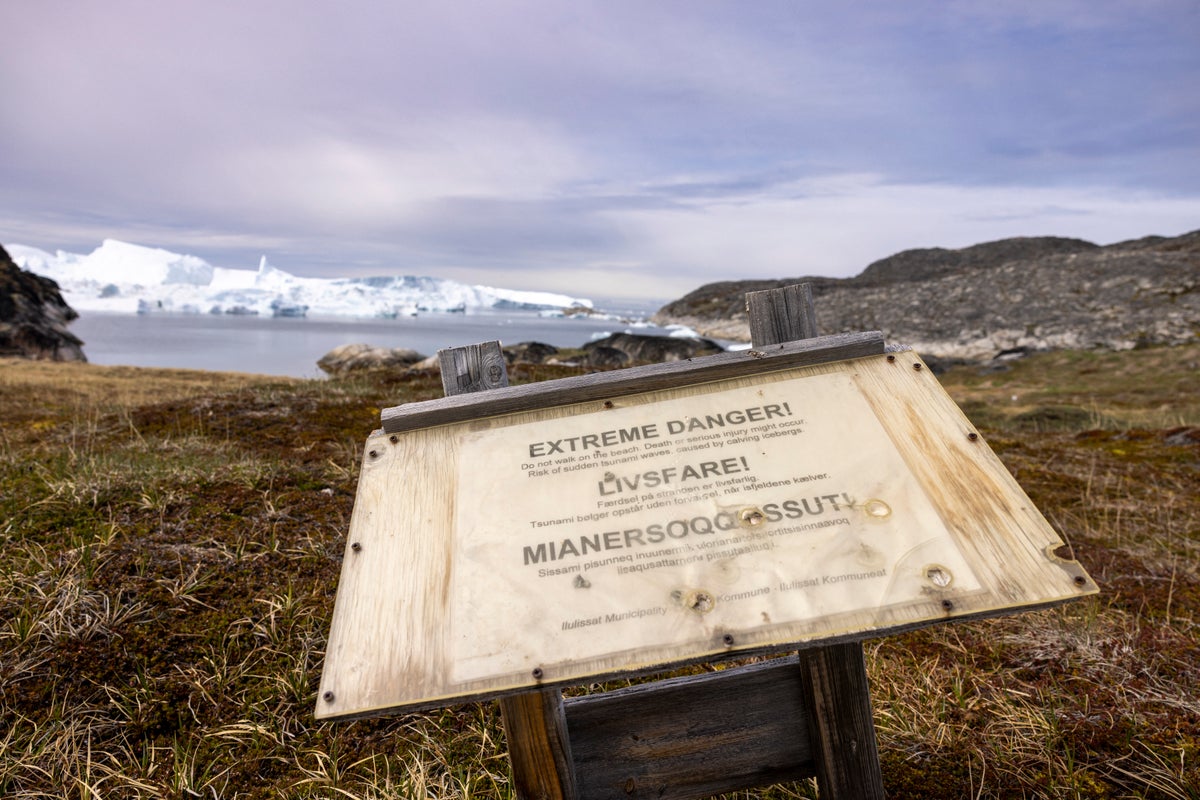Melting Glaciers Fuel Megatsunami Fears: Greenland Landslide Triggers 200m Waves

Climate change is accelerating the melting of glaciers in Greenland, increasing the risk of devastating megatsunamis with waves exceeding 200 metres, scientists warn.
A new study published in the journal *The Seismic Record
details a significant megatsunami event that occurred in September 2023, highlighting the growing threat posed by glacier melt and unstable slopes. The event, which was initially observed on social media and later confirmed by reports of waves hitting a military installation on Ella Island, involved a massive landslide in Dickson Fjord, East Greenland.
The study's authors, utilising seismic data and satellite imagery, reconstructed the event, revealing the scale and impact of the megatsunami. They found that a rock mass, the size of a rugby stadium and approximately 50-100 metres high, detached from a slope and fell around 300-400 metres, triggering the devastating waves.
This massive landslide incorporated glacier ice, becoming a mixed rock-ice avalanche before reaching the water. The resulting megatsunami reached a peak height of over 200 metres, with waves as tall as 60 metres along a 10-kilometre stretch of the fjord. Notably, the megatsunami created a long-lasting vibration in the fjord, with waves oscillating back and forth for over a week. This event also generated seismic signals that were detected by earthquake monitoring stations up to 5,000 kilometres away.
While the cause of the initial landslide remains unknown, the study provides a detailed analysis of its force and impact. This analysis is crucial for understanding similar events in the future and developing appropriate monitoring systems.
The researchers emphasise the link between climate change and the increased risk of megatsunamis. The retreat of glaciers and thawing permafrost are creating unstable slopes, increasing the likelihood of landslides that can trigger these devastating waves.
This research underscores the urgent need to address the impacts of climate change, particularly in vulnerable regions like Greenland. As global temperatures continue to rise, the frequency and intensity of megatsunamis caused by glacial melting are expected to increase, posing a significant threat to coastal communities worldwide.





